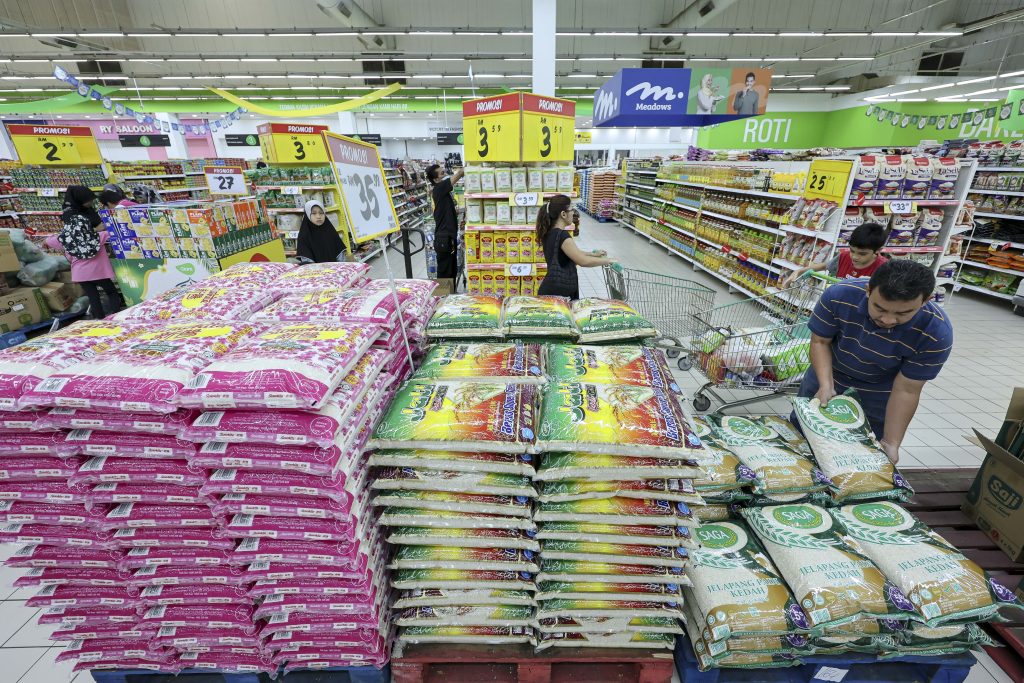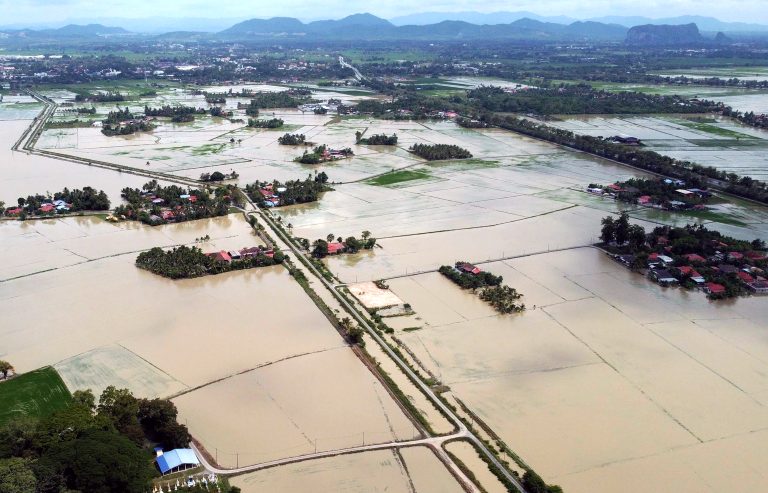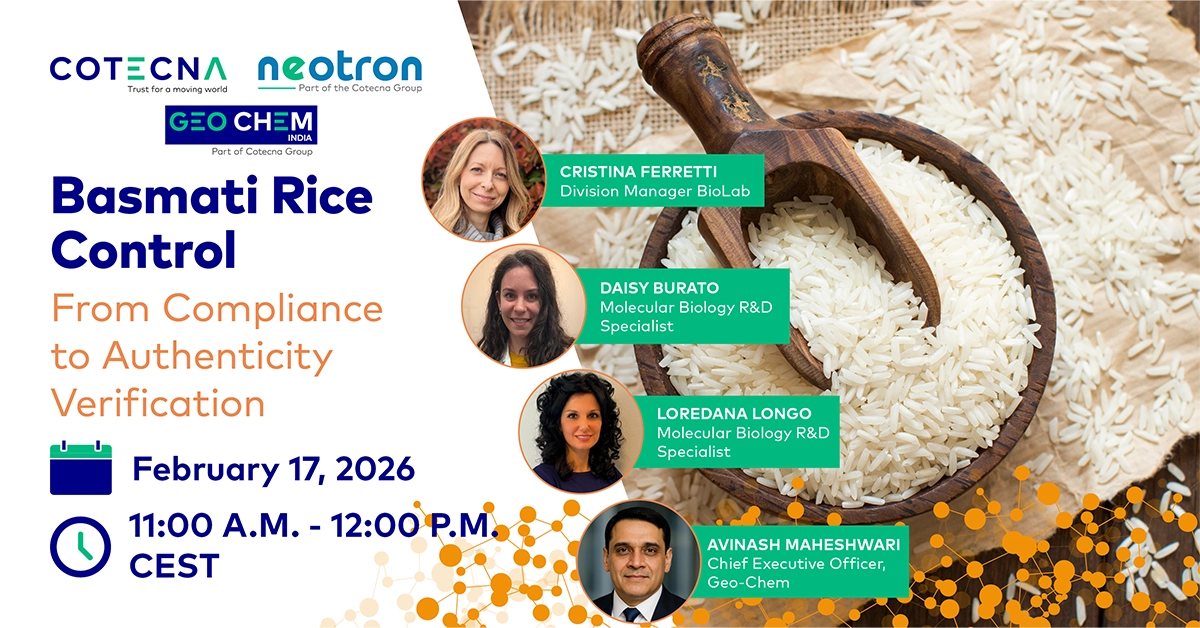Tags
Malaysia faces uphill battle to boost rice self-sufficiency.

Without substantial transformation, the industry will remain vulnerable to external pressures and global price volatility
by AKMAR ANNUAR & HIDAYATH HISHAM
MALAYSIA’S rice industry stands at a tipping point, caught between growing import reliance, stagnant local yields and deep-rooted challenges that threaten the government’s ambitions of self-sufficiency.
Despite efforts to improve farmers’ livelihoods and boost output, experts warn that achieving a 75% self-sufficiency ratio (SSR) by 2025 is increasingly unlikely.
The government’s decision to raise the guaranteed minimum price for paddy to RM1,800 per tonne has sparked debate over its long-term impact.
While the move provides immediate financial relief, it does not address rising costs for fertilisers, pesticides and labour.
BIMB Securities Sdn Bhd noted that even with the price increase, production costs remain high and profit margins continue to shrink.
Integrated Agriculture Development Area (IADA) Barat Laut Selangor director Mario Valeriano said with the RM500 per tonne subsidy under the Paddy Price Subsidy Scheme (SSHP), farmers are assured a minimum income of RM2,000 per tonne.
He added that the government seeks to balance the interests of farmers, consumers and the broader rice industry when setting pricing policies.
“The initiative reflects the government’s dedication to supporting rice farmers while ensuring price stability and food security for consumers,” Valeriano told The Malaysian Reserve (TMR).

Declining Self-sufficiency
Malaysia’s rice SSR fell to 56.2% in 2023, a 6.4% decline from the previous year. Valeriano attributed this drop to land conversion, soil degradation and inadequate irrigation infrastructure.
To address these issues, the government has allocated RM77 million in 2025 to upgrade irrigation systems.
Valeriano said modern agricultural training, including digital mapping, pest control and mechanisation, is being introduced to enhance productivity. Farmers are also encouraged to adopt high-yield seed varieties, such as Mardi Siraj 297 and certified seeds, to improve harvests.
Extreme weather events have already damaged 10,430ha of paddy fields across Malaysia, disrupting production.
Erratic rainfall, droughts and floods are altering growing cycles, leading to lower yields and crop failures.
Pests and diseases — including the rice
weevil, armyworm and rice stalk borer — further threaten productivity, while weeds compete for essential nutrients, worsening the strain on output.
IADA plays a critical role in improving local rice production through infrastructure development, technical training and resource optimisation.
The agency is focused on modernising irrigation systems, improving water management and guiding farmers on best agricultural practices.
Meanwhile, structural inefficiencies persist. Farmers argued that the price floor does not reflect the true costs of production and will not necessarily encourage sustainability or higher yields.
Rising operational expenses and market constraints continue to stifle growth in the sector, raising concerns about Malaysia’s long-term rice security.

Crop Seed Quality Bill
The proposed Crop Seed Quality Bill, which mandates licensing for seed processing and distribution, has drawn criticism from smallholder farmers.
The bill aims to improve seed quality and productivity, but it could also drive up costs, limiting access for farmers who rely on uncertified seeds.
According to BIMB Securities, stricter quality regulations may increase certified seed prices, posing financial challenges for smallholders.
Compliance costs, such as improved storage and certification, could further strain their budgets, leaving many unable to compete.
Rice Inc Public Affairs (M) head Idris Azim stressed the need to protect Malaysia’s heirloom seeds in light of the proposed Crop Seed Quality Bill.
He added that existing smallholder farmers of heirloom seed varieties have traditionally struggled to scale output due to labour pool issues, and the industry must ensure that their way of life is not impacted.
Idris also cautioned that Malaysia’s goal to achieve 75% rice self-sufficiency by 2025 should not overshadow the need for long-term planning.
“The arbitrary number of the rice self-sufficiency target is not as important as the government’s ability to anticipate potential future challenges to Malaysia’s supply of rice,” he said.
He explained that the country’s food security strategy must account for external pressures beyond just increasing production.
Idris added that policy changes must consider other emerging challenges, such as geopolitical concerns.
Rice Inc, which operates under the brand name Paddi, is a social enterprise that works to improve sustainability and reduce post-harvest losses for smallholder farmers in South-East Asia.
The organisation provides access to advanced rice-drying technology, allowing farmers to process their harvests more efficiently and increase their income. It reinvests 20% of its profits into global sustainable farming initiatives to create a more equitable and environmentally friendly rice supply chain.
Worrying Trend
The decline in SSR highlights the country’s growing reliance on imported rice and BIMB Securities has described the government’s 75% target as “mission impossible” given current production constraints.
Key factors behind this decline include land conversion, an ageing farming population and outdated irrigation infrastructure.
The government’s response includes a RM77 million allocation to upgrade irrigation systems and incentives for farmers to adopt high-yield, climate-resilient rice varieties.
However, experts warned that without significant structural reforms, these measures may not be enough to reverse the downward trend.
Looking ahead, Malaysia is targeting an 80% SSR by 2030. However, Valeriano stressed that achieving this goal requires significant improvements in infrastructure, better resource management and stronger climate adaptation strategies.

Policy Interventions and Technological Solutions
Universiti Putra Malaysia Agribusiness and Bioresource Economics senior lecturer Dr Ahmad Hanis Izani Abdul Hadi emphasised that addressing land fragmentation and introducing targeted subsidies would be critical to improving rice production.
“The SMART Large-Scale Paddy Field (SMART SBB) programme is a promising approach to achieving economies of scale in production,” he told TMR.
Ahmad Hanis Izani also suggested that direct cash assistance could be more effective than subsidising inputs, allowing farmers greater flexibility in managing costs.
Recently, Padiberas Nasional Bhd (Bernas) completed the full disbursement of RM90 million in special aid allocated for paddy farmers, in support of the government’s initiative to uplift the welfare of the farming community. The company confirmed that all funds have been channelled to the Agriculture and Food Security Ministry (KPKM).
The first phase of the allocation, amounting to RM60 million, was released in stages, with the final payment of RM15 million completed on March 5.
An additional RM30 million, announced by Prime Minister Datuk Seri Anwar Ibrahim on Feb 13, has also been fully disbursed by March 28.
“As a private entity, all contributions were subjected to rigorous internal financial governance to ensure compliance and accountability,” Bernas said in a statement.
The company also reaffirmed its commitment to KPKM’s long-term plans, prioritising the welfare of paddy farmers to ensure sufficient supply and to uphold national food security.
Meanwhile, Sustainable Farming Solutions Sdn Bhd director David Lee believed that Malaysia must focus on sustainability and innovation to secure the industry’s future.
“Tech and innovation can and are already helping in sustainable and safe rice production. It improves yields and quality while reducing operational costs through efficiency and precision,” he said.
Lessons from Other Rice-producing Nations
Thailand and Vietnam have successfully managed their rice self-sufficiency by investing heavily in research and development, irrigation efficiency and modernisation.
Malaysia could benefit from similar strategies, particularly in adopting climate-resilient farming techniques and optimising supply chains.
Experts pointed out that these countries have also embraced greater market liberalisation, allowing price adjustments based on supply and demand.
Malaysia’s rigid market structure, with both floor and ceiling prices, prevents farmers from benefitting from global price movements.
While removing price controls could improve profitability, it may also raise consumer prices, creating a policy dilemma.

Growing Frustration
Recent protests by paddy farmers in Putrajaya highlight growing frustrations within the industry.
Many argued that government policies have not adequately addressed the financial difficulties they face, particularly in the face of rising production costs and stringent regulations. Others stressed that incentives must be aligned with market realities.
Lee noted that rising costs can be used as a tool to encourage sustainable practices. He said if combined with education, training and cooperation with private-sector players, farmers can transition to more efficient and eco-friendly production methods.
With Malaysia’s rice imports surging — now making up nearly 50% of the country’s supply — the nation’s food security is at risk.
To reverse the trend of declining SSR, a multi-pronged approach is needed, including policy reforms, better infrastructure, greater research investment and innovative agricultural techniques.
Without these interventions, Malaysia’s goal of achieving a higher SSR will remain out of reach, leaving the country increasingly dependent on imports for its staple food.
Paddy farmer Richard Yeoh was sceptical over the proposed RM1,800 price increase.
He said while any increase in price should theoretically benefit farmers, structural issues within the industry remain the biggest hurdle.
“In theory, any increase should help the farmers but the problem now is that our whole agriculture structure needs to be changed,” he told TMR.
He pointed out that the government’s reluctance to adopt new technologies, such as hybrid rice from China, has hampered progress.
He said other countries in the region have progressed by embracing foreign technology, while Malaysia remains hesitant.
Yeoh also noted that decision-making is often dictated by the ministry without input from the farmers themselves.
“They are neither farmers nor businessmen; they are public servants,” he said, explaining that policymakers rely heavily on corporations selling fertilisers and seeds rather than engaging with those working on the ground.
Lacking Consistency
Beyond policy hurdles, Yeoh pointed to government initiatives that often lacked consistency.
“They would start a programme and after three months, there is a long gap before the next phase begins,” he said.
Additionally, labour shortages remain one of the industry’s biggest challenges. Yeoh explained that small-scale farmers struggle to afford legal foreign workers, while hiring locals is difficult due to the physically demanding nature of the job.
He noted that younger workers prefer factory jobs with air-conditioning, making it even harder to attract local labour.
Meanwhile, the cost of legalising foreign workers is prohibitively high, reaching up to RM34,000 per worker.
“How can we afford to pay RM34,000 just to legalise one worker?” he asked.
While mechanisation is often seen as a solution, Yeoh argued that the small size of most farms makes large-scale mechanisation impractical.
He suggested that forming cooperatives could help farmers pool their land and resources for mechanised farming. However, such efforts would only succeed with proper organisation and management.
Yeoh viewed the regulation of the proposed Crop Seed Quality Bill, which would require farmers to obtain a licence for processing and selling seeds, as an added burden on small farmers.
He also criticised the government’s contradictory stance, pointing out that while officials claim to be concerned about seed contamination, they also seek greater control over how farmers manage their own seeds.
Despite these challenges, Yeoh believed Malaysia has the potential to be a leader in agriculture if the government prioritises local expertise.
Without significant interventions, Malaysia’s dependence on imported rice will continue to grow, leaving the country vulnerable to global supply chain disruptions and price volatility.
As stakeholders debate the future of the sector, one thing remains clear: Achieving rice self-sufficiency will require more than just temporary fixes — it demands a fundamental transformation of the industry.
This article first appeared in The Malaysian Reserve weekly print edition
Published Date: April 14, 2025







